Sleep Science
We spend a third of our lives sleeping. Why and how we sleep is what sleep science is all about. A good way to figure out why we sleep is looking at what would happen if we would stop sleeping. Not getting enough sleep would have serious consequences on our brains’ ability to function. Even more than the usual grumpiness, grogginess, irritability, and forgetfulness after pulling an all-nighter. With continuous lack of sleep, language, memory, and even sense of time start to be severely affected. In contrast, as little as seventeen hours of continued wakefulness leads to a decrease in performance comparable to an alcohol level of 0.05%. In addition, Sleep science shows that sleep-deprived humans also have trouble responding to rapidly changing situations and making rational judgments. Consequently, the reason we sleep is that our body and mind need it to function properly.

How the Scandinavian Sleep Method Boosts Restful Nights

How to Fall Asleep Faster: Tips Backed by Science
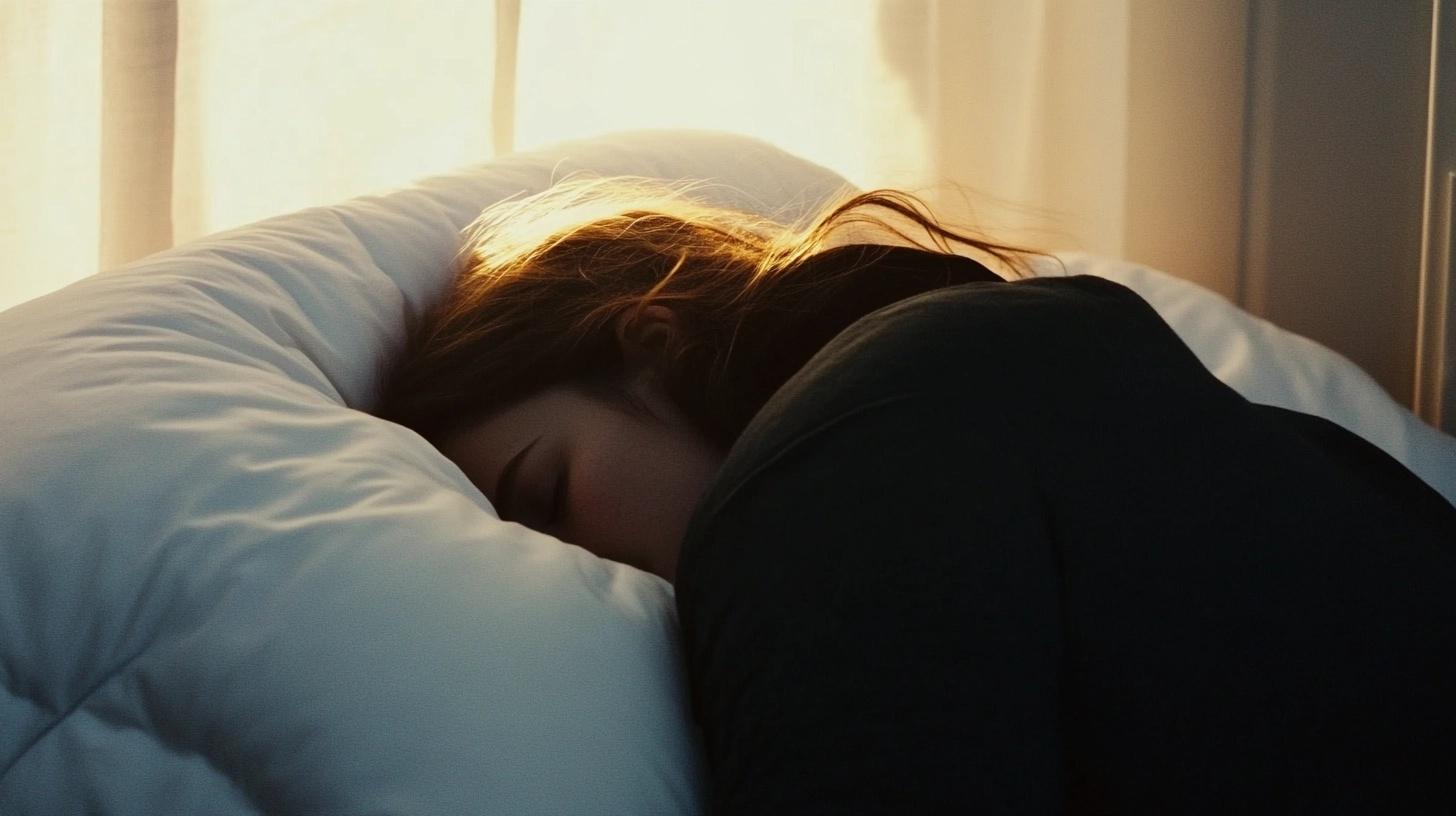
Always sleeping through your alarm? What it means to be a heavy sleeper and what you can do about it

Is beauty sleep real? How lack of sleep can affect your appearance - and social life
We take a closer look at the face of sleep deprivation and what you can do to get enough ‘beauty sleep’ to look and feel your best.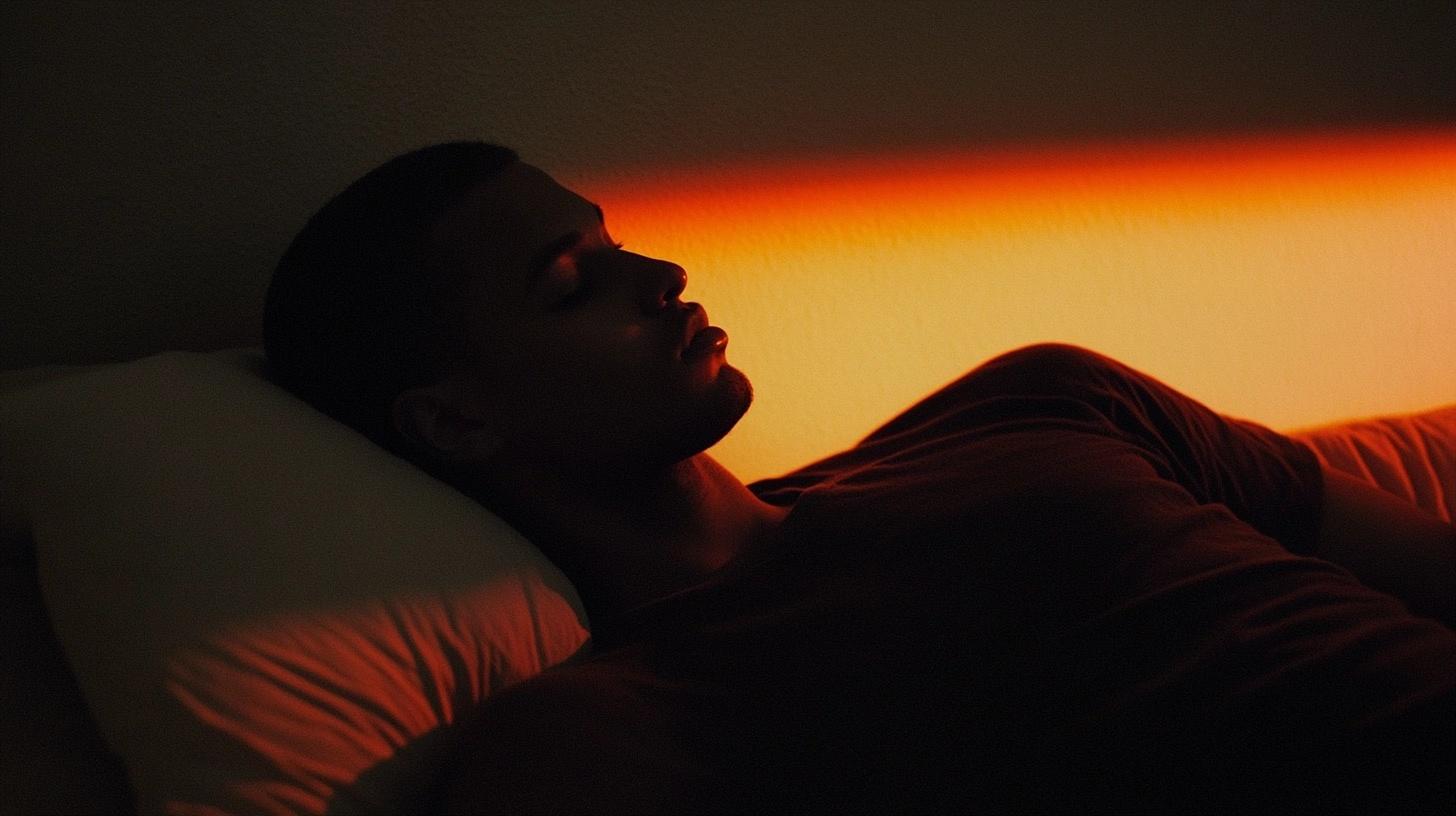
Melatonin series (4): Sleep Cycle’s 3-Step melatonin plan for jet lag
For this fourth and final part in our series, our Head of Sleep Science Mike Gradisar will walk us through how melatonin can be used to lessen the impact of jet lag, and take you - literally - along for his recent ride from Australia to Sweden.
Cortisol and Sleep - Your top questions answered to help you achieve healthy stress hormone levels
Cortisol (aka the stress hormone) is vital for our health and necessary for our daily performance. But what is it and how does it affect sleep? We answer your most frequently asked questions about how cortisol interferes with sleep and explore ways to stimulate healthy cortisol levels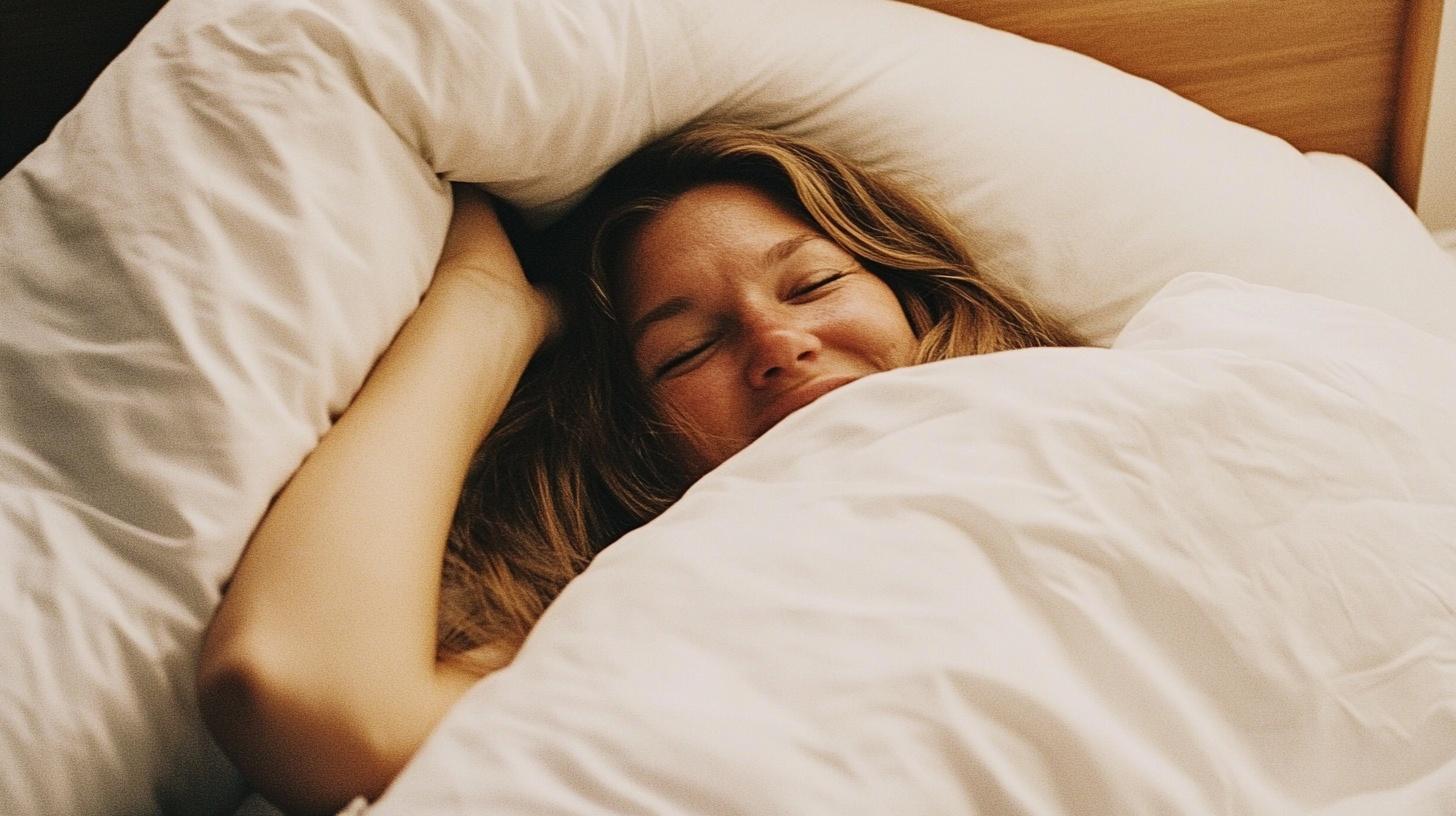
The two-way relationship between sleep and bipolar disorder
We take a closer look at the role of sleep (or lack of it) in the different phases of bipolar disorder.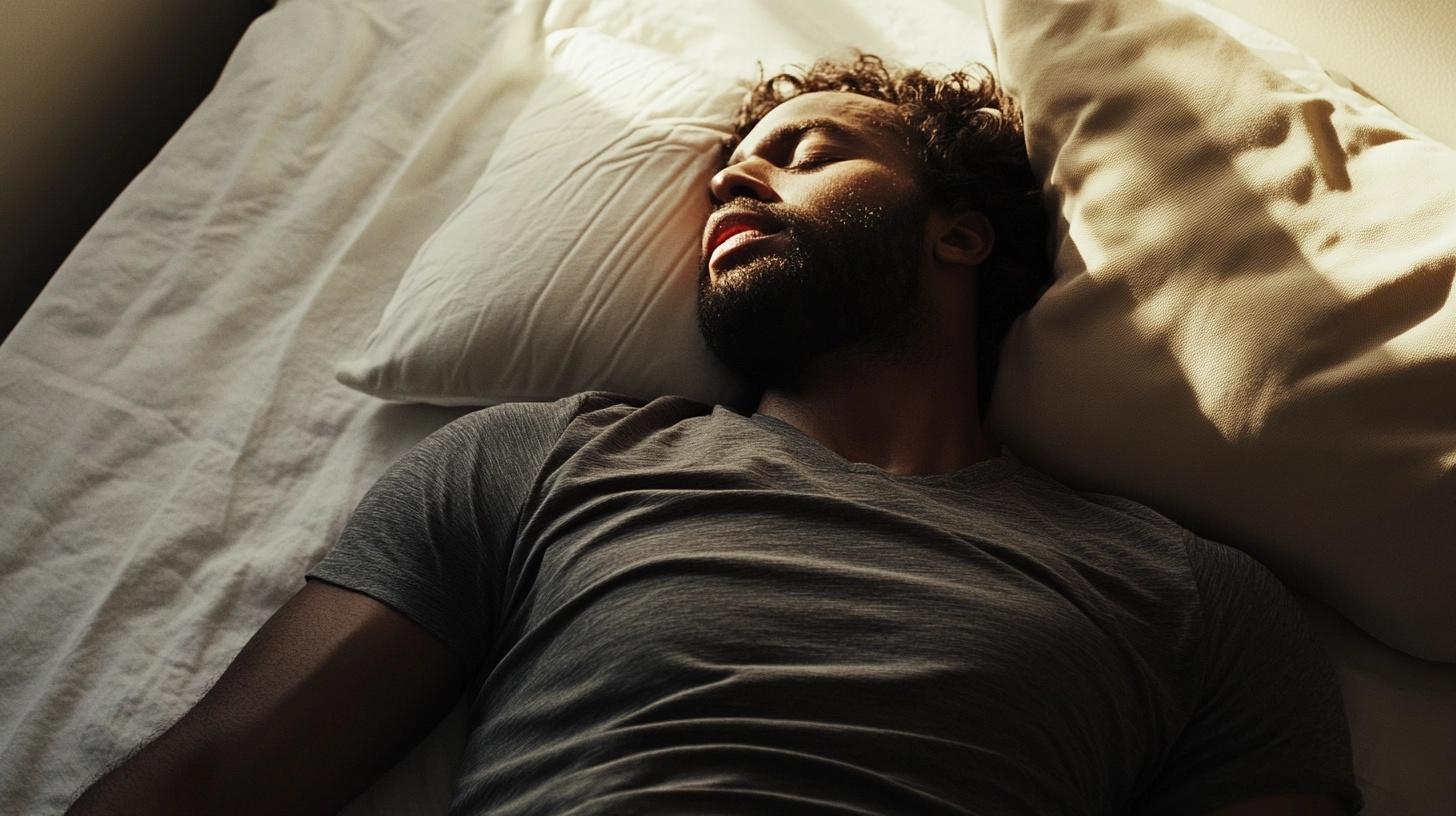
Why caffeine also makes you sleepy
We all know that caffeine is a stimulant that we've come to rely on for a little boost. So why is it that your double shot espresso sometimes has no effect and in some cases, even makes you feel sleepy?
Melatonin series (3): Magnesium vs Melatonin: Which one works best for sleep?
Our Head of sleep Science pits melatonin against another popular supplement that is used for sleep - magnesium. Which one is better for sleep? Figure it out here.
Food coma: What's the deal with that sleepy feeling after eating?
There’s no debate that the post-lunch dip is a very real condition experienced by many of us. But why does it happen and how can we prevent it?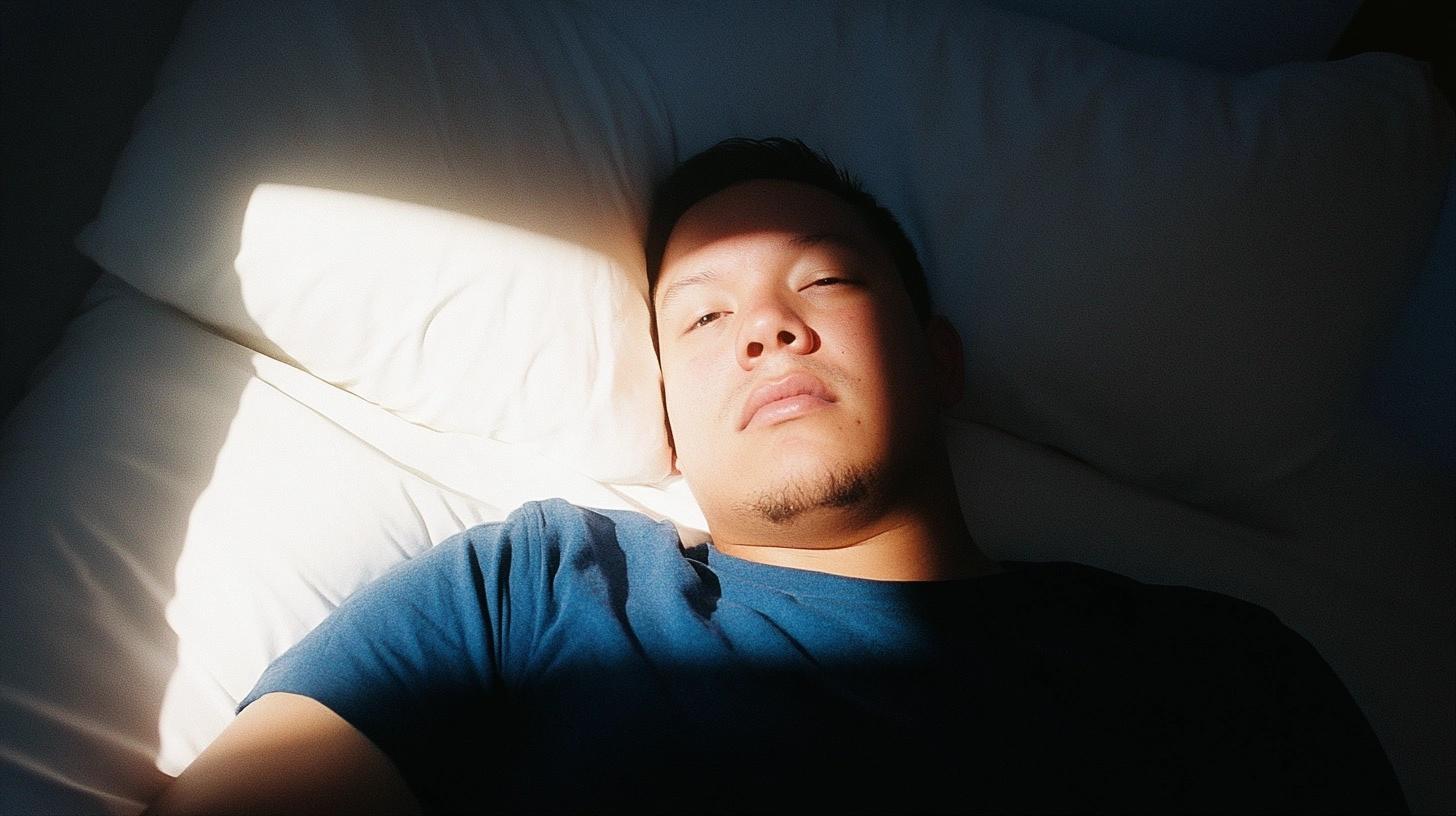
Melatonin series (2): What can melatonin be used for (besides sleep)?
In this 2nd blog, our Head of Sleep Science, Prof Mike Gradisar, will demonstrate how melatonin can be used for an array of different issues – that are not sleep related!
Sleep & The Immune System
From removing waste products in our cells to creating new collagen in our skin, sleep helps keep our body fit and ready to take on another day. However, recent evidence has highlighted another area where getting a good night’s kip can benefit us greatly: our immune system.
Melatonin series (1) - Melatonin in numbers: dosage, frequency and (almost) everything you need to know
Welcome to our first blog of a four-part series on melatonin and sleep. In this series, our Head of Sleep Science, Dr. Michael Gradisar, provides some answers to a host of common questions about using melatonin for sleep. Confused by all the conflicting information on the internet about melatonin? Then, read on!
What is your sleep chronotype?
Are you a night owl or a morning lark? Answer the questions throughout the flowchart to find out.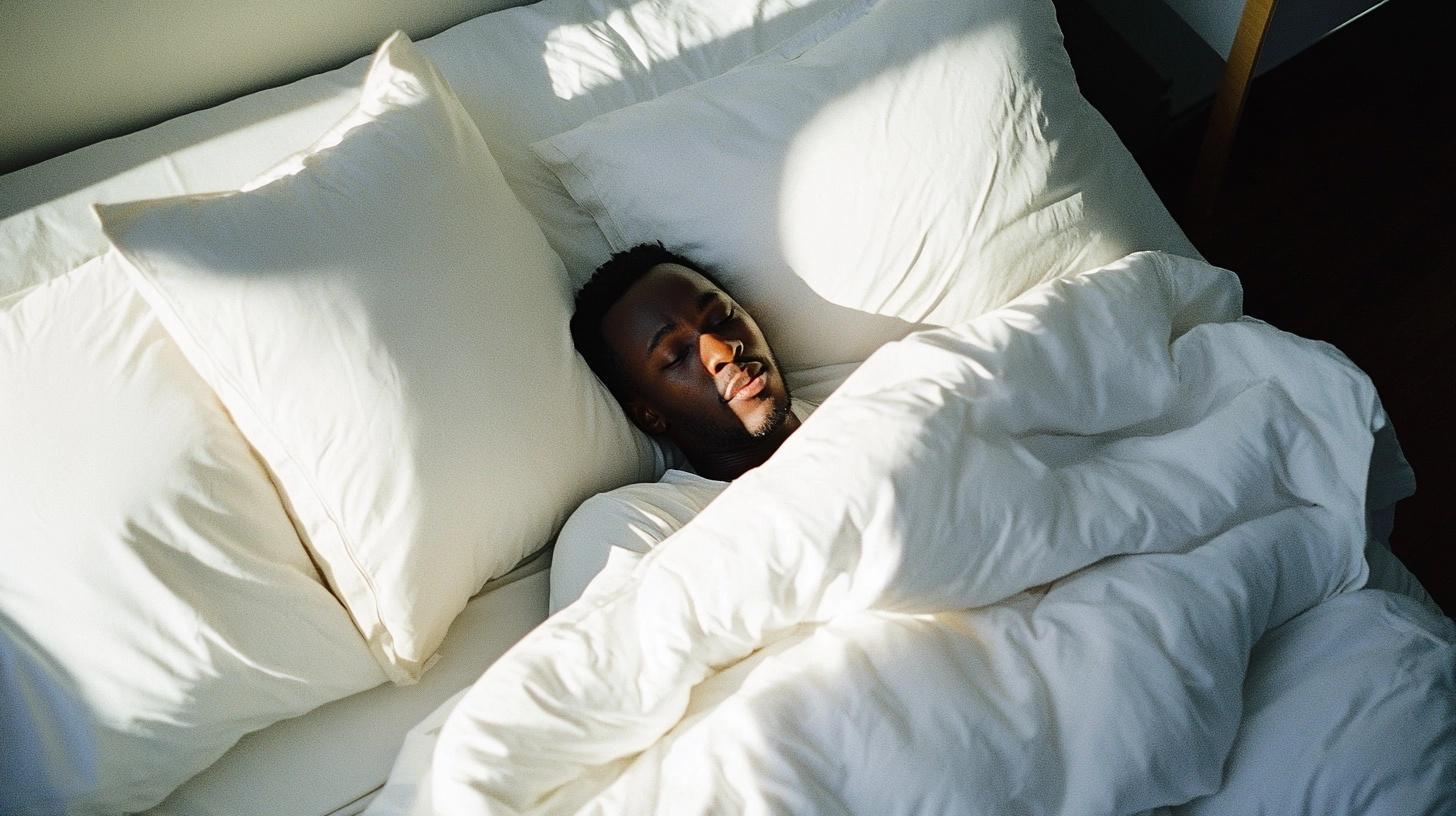
Sleep & Dreams: FAQ - We answer all the questions you’ve ever dreamt of
Dreams are something we have in common with all humans and animals, even though they can be elusive to grasp or remember once we’re awake. We took the challenge to shortlist your most frequently asked dream-related questions.
The polyphasic sleep schedule dilemma
Polyphasic sleep might work for self-employed people or those who enjoy a more flexible lifestyle but from a practical perspective, can your schedule accommodate it?
A sleep cycles overview: dive deep into each stage of sleep
As we sleep, our mind travels through different phases, each of which contributes to sleep quality. Let's explore sleep cycles and sleep stages.
Sleep calculator: how much sleep do I need?
Some of us get 8 hours of sleep and are still dragging, while some wake up feeling refreshed after less than 5 hours. This begs the question: how much sleep do you really need?
Sleep innovation and global impact: the evolution of Sleep Cycle
In its 12-year history, the Sleep Cycle app has grown to be one of the most used sleep solutions in the world. Learn about Sleep Cycle’s evolution and where its headed.
A (brief) history of sleep science
The last century has delivered a steady drumbeat of groundbreaking sleep research. See a timeline here.
Can sleep impact memory? A guide for working professionals
Can the quality of your sleep impact your memory? Explore the connections here, along with sleep strategies for a more productive workday.
